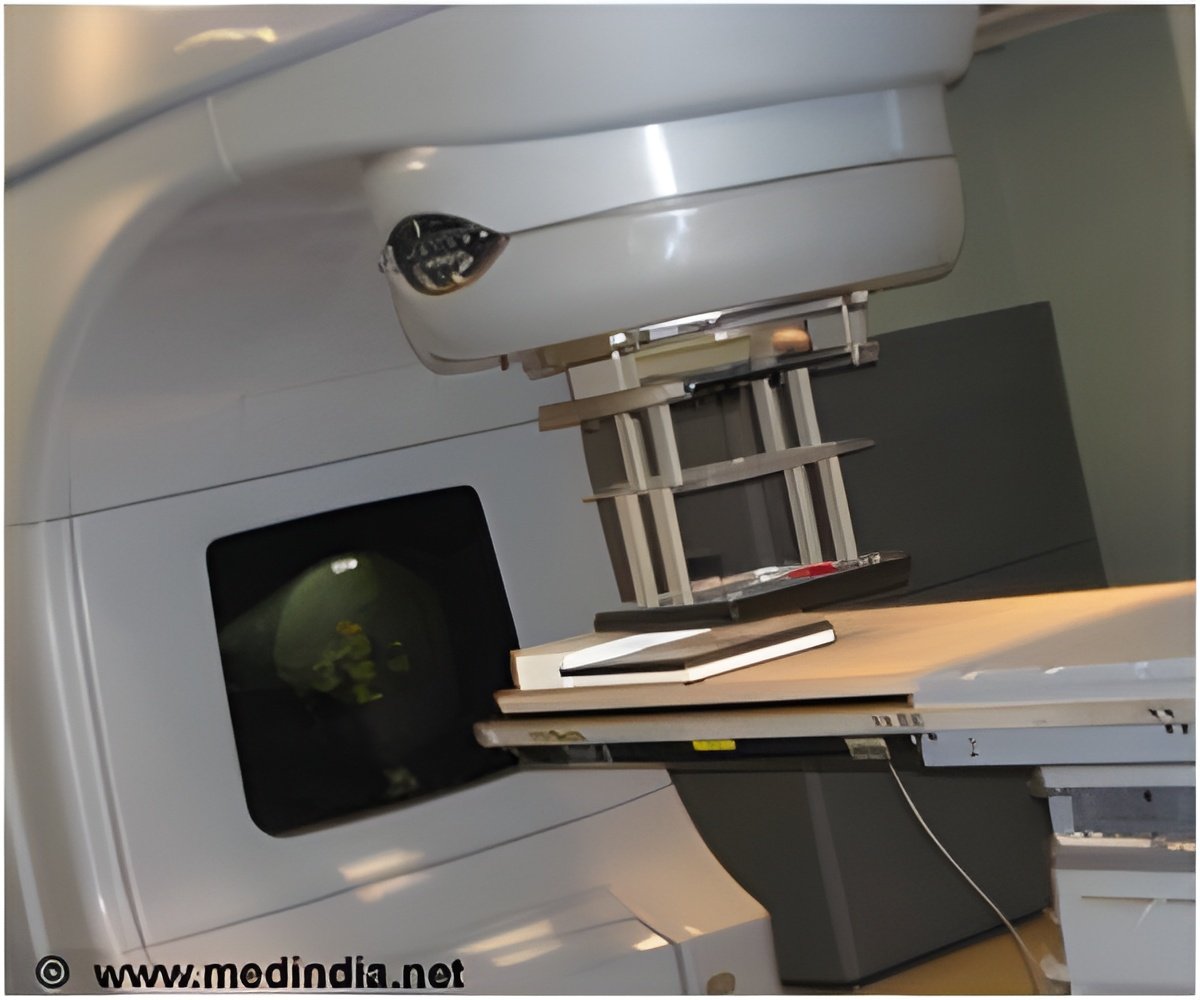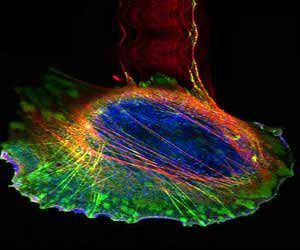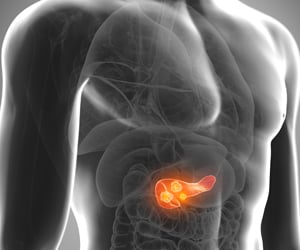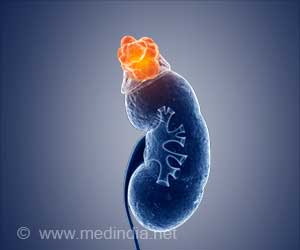When it comes to genes associated with cancer, none have been studied more extensively than p53, a tumor suppressor gene.

TOP INSIGHT
Despite both p53 and telomeres offering similar benefits, the role of this key tumor suppressor gene as it relates to telomeres had never been properly described.
The gene p53 regulates our genome's integrity. When DNA is damaged by cellular stress or other means, p53 helps to activate the transcription of genes that help with controlling the cell cycle and inducing apoptosis, or cell death. However, prior studies have shown that p53 can bind at many locations across the genome, including many sites that are not responsible for activating these regulatory genes, and p53 itself has many distinct binding sites. Since both p53 and telomeres protect the genome, Wistar''s team wanted to focus on these binding sites to see how the two might be more closely related than has ever been shown.
"We believed that p53 may be responsible for a more direct protective effect in telomeres," said Paul Lieberman, Ph.D., professor and program leader of the Gene Expression and Regulation program, director of the Center for Chemical Biology and Translational Medicine, and the Hilary Koprowski, M.D., Endowed Professor at The Wistar Institute, and lead author of the study.
Using ChIP-sequencing, which allows researchers to study interactions between proteins and DNA, a team of scientists at Wistar identified p53-binding sites in subtelomeres. These are segments of DNA situated in between telomeres and chromatin, the complex of DNA and proteins found in the nucleus of our cells.
The researchers found that when p53 was bound to subtelomeres, the protein was able to suppress the formation of a histone modification called gamma-H2AX. This histone is modified in greater amounts when there is a double strand break on DNA. If it persists, the break is not repaired, so suppressing its expression means that the DNA is being preserved. Additionally, p53 was able to prevent DNA degradation in telomeres, thereby keeping them intact and allowing them to more properly protect the tips of our chromosomes.
This work was supported by the National Institutes of Health grants R01CA140652, F31CA174199, R01CA102184, R01CA164864, F31HG006395, R21 CA177395-01, and R21HG007205, with additional support provided by the Philadelphia Health Care Trust and the Commonwealth University Research Enhancement (CURE) Program from the Pennsylvania Department of Health. Core facilities support was provided by the Cancer Center Support Grant (CCSG) CA010815.
The Wistar Institute is an international leader in biomedical research with special expertise in cancer research and vaccine development. Founded in 1892 as the first independent nonprofit biomedical research institute in the country, Wistar has held the prestigious Cancer Center designation from the National Cancer Institute since 1972. The Institute works actively to ensure that research advances move from the laboratory to the clinic as quickly as possible.
Source-Newswise
 MEDINDIA
MEDINDIA




 Email
Email









